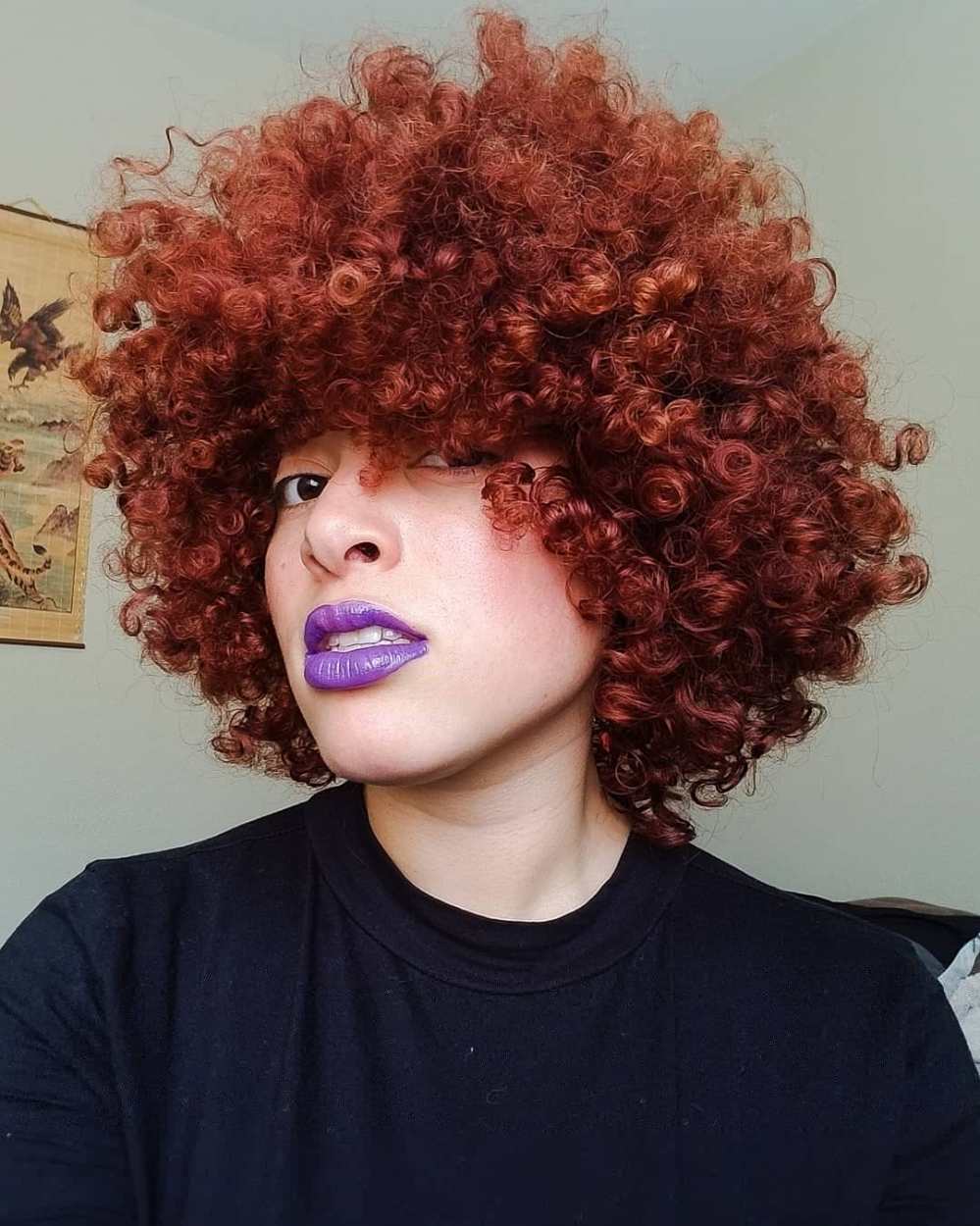Every Afro-Latina narrative isn’t the same. Although we share some similar experiences. The most essential key here is listening and understanding each and every person’s individual story. Here’s an authentic story of an inspirational Afro-Latina who is Bolivian and African-American and her journey!

What does it mean to be Afro-Latina?
To me, being Afro-Latina means one identifies with both their African and Latino ancestry.
How do you embrace your roots?
I used to dance in a south American parade repping my motherland, Bolivia. I cook Bolivian food, celebrate Bolivian holidays, wear Bolivian clothes and keep up to date with current events of Bolivia. As far as the Black side of my family, there is a certain attitude that I grew up with. I research Black history, cook soil food, promote black excellence and culture, for instance, wearing my Afro out and natural.
How was it growing up both African-American & Bolivian in America?
It was hard. I grew up in an area that was either Black or Mexican and Central American. Nobody really knows much about Bolivia, so growing up I would constantly have to explain how I exist. There was also the racial slurs, bullying, and downright rude, stupid comments. People dont understand that a person can be Black and Latino or that a Black person could have lighter skin.
Did you ever struggle with your cultural identity?
I think I struggled more with other people believing my cultural identity then me finding mine. My cultures have been with me since before birth, and my father did his best to not raise us too American.
Have you ever felt not Latina or Black enough? If so how did you get through that challenge?
I got bullied by darker skinned Black and Latina girls growing up for being weird, eccentric, and having light skin. Also people would make fun of my Bolivian-American accent and the frizziness of my hair. I ignore people like that now but before I’d talk to my parents about it, and they would always reinforce that people of our cultures come in all colors and to not be ashamed for being born me.
Tell me what makes you most proud of your Bolivian culture.
I like that Bolivia does not just recognize Spanish as the official language. Bolivia has a high indigenous population so all official documents are also translated to Guaraní, Aymaran, and Quechua. Bolivia also has an awesome indigenous president (long live Evo!!!)
When did you start your natural hair journey? What influenced your curl blogging?
I started it in December 2017. I wanted to start a hair blog to document my hair growth journey, now I am starting to make deep conditioners for purchase, so stay tuned for that! I also noticed a lack of Bolivian representation on Instagram so I’m holding it down for la república!!
What are your favorite curly hair brands?
Devacurl, Curls, Mielle, Cantu, LUSH, Camille Rose, Jane Carter Solution, Rizos Curls, and Madame CJ Walker
How important is it to embrace your natural hair? Advice to other ladies just starting their journey?
It is very important! Natural hair to me, is one of the ways I express my culture and personality, it is also just better health-wise to keep your hair poppin. Advice I would give other curlies is to not give up, deep condition, and drink lots of water.
What do you want people to take away from your platform?
I want people to become aware of other Afro-Latina identities not exclusive to what the media portrays, I hope people become more aware of different cultures and learn to respect ideas and mannerisms different from their own.
